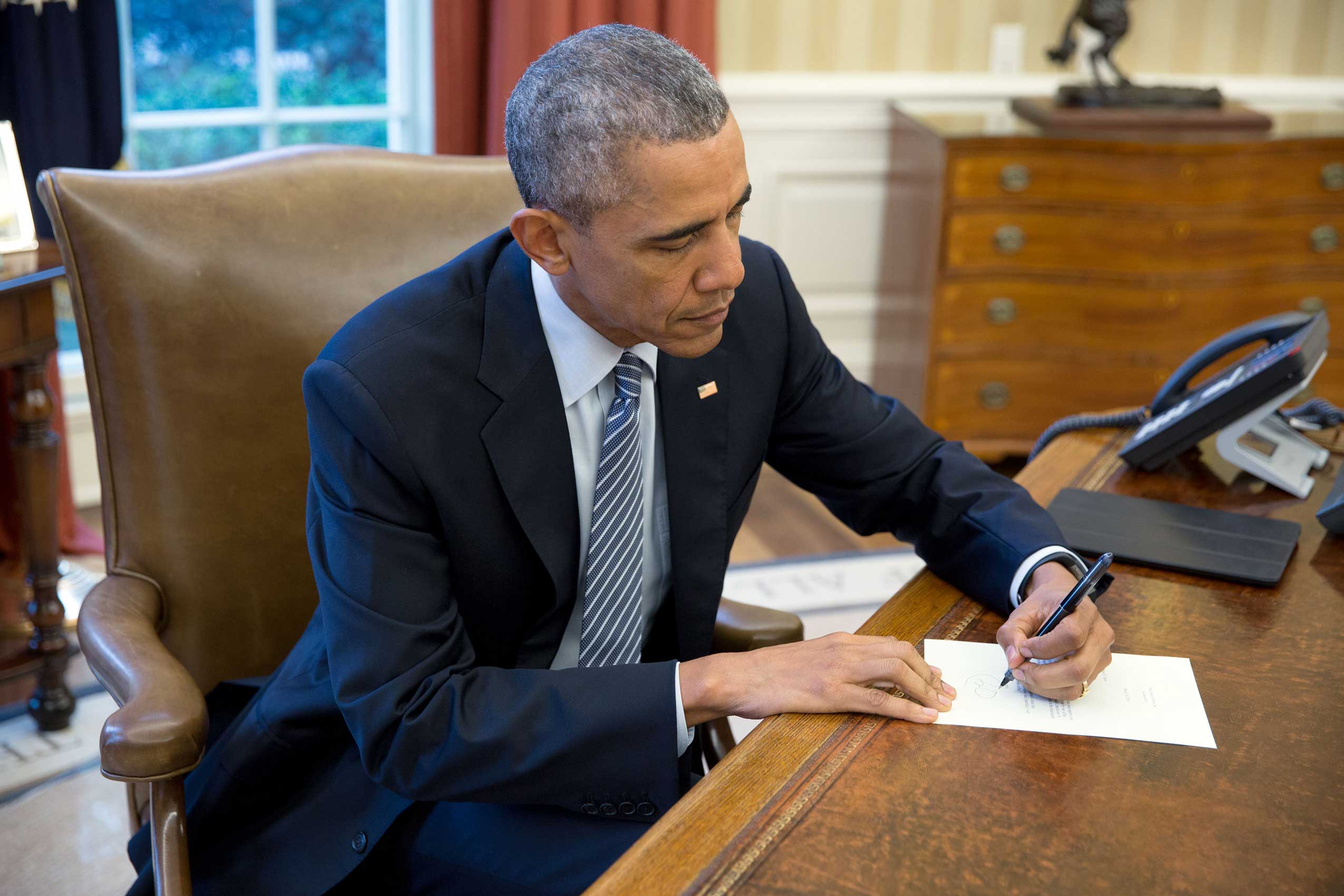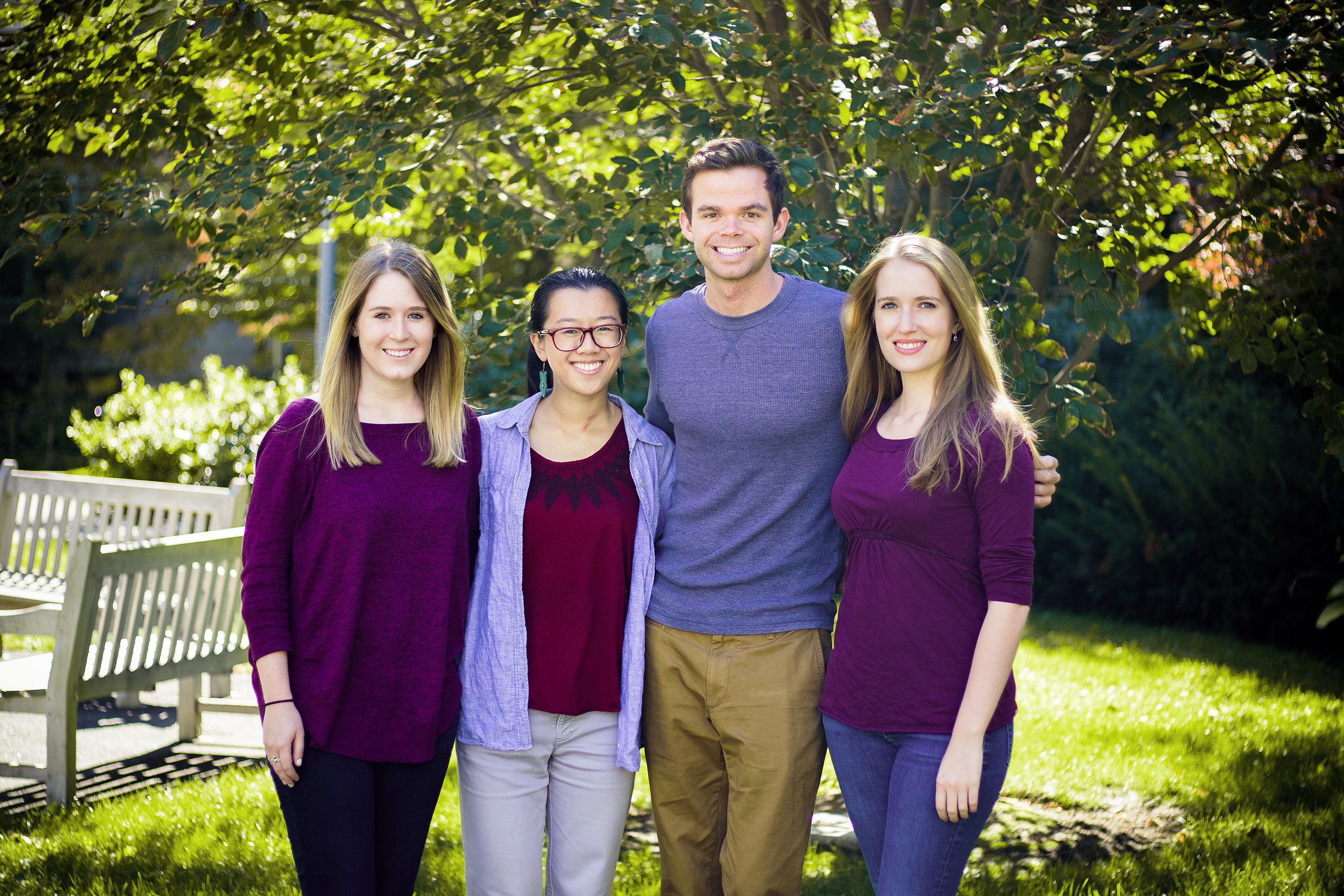Last spring, the Criminal Justice Policy Program developed an initiative to provide representation to incarcerated people petitioning President Obama for clemency.
Twenty-six Harvard Law students volunteered to work with a team of pro bono attorneys to represent clemency petitioners, in what has become the largest law student-based clemency initiative in the country. The initiative was managed by CJPP’s 2015-2016 law fellow Anna Kastner.

Working under the supervision of attorneys from private firms, with assistance from the Clemency 2014 Project and NYU Law’s Clemency Resource Center, students have filed petitions for more than a dozen federal inmates to the Office of the Pardon Attorney and have thus far won the freedom of three inmates.
In April, the program was also involved in a White House convening on clemency as part of the administration’s broader efforts to reform the criminal justice system.
During the Obama administration, more than 21,000 prisoners have submitted clemency petitions. To date, Obama has granted 673 commutations and thousands more are pending.
In June, CJPP’s faculty co-directors, Alex Whiting and Carol Steiker, and executive director Larry Schwartztol joined other leading criminal justice advocates and scholars, including HLS Professors Ronald Sullivan and Nancy Gertner, to call on President Obama to accelerate the pace of his administration’s clemency initiative.
